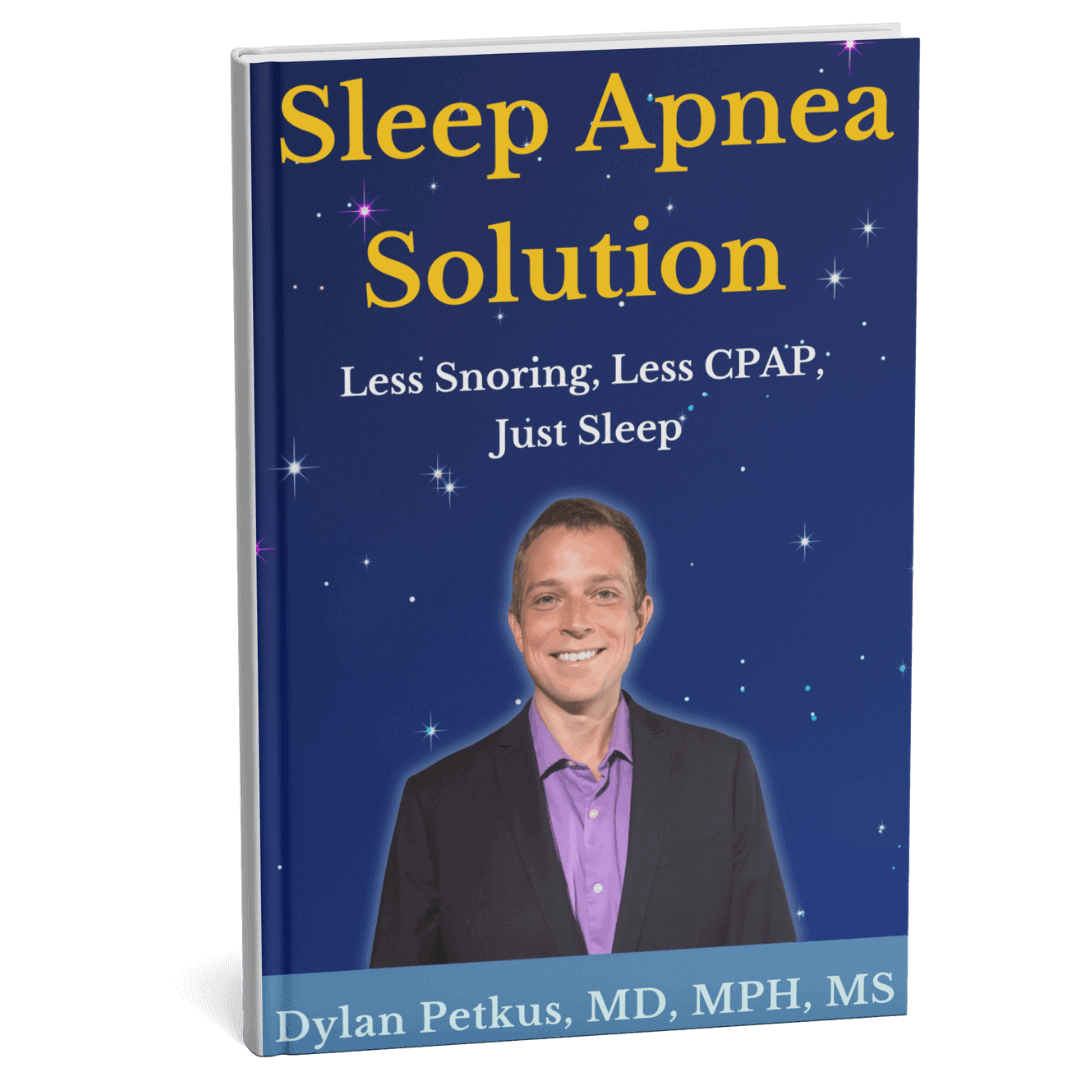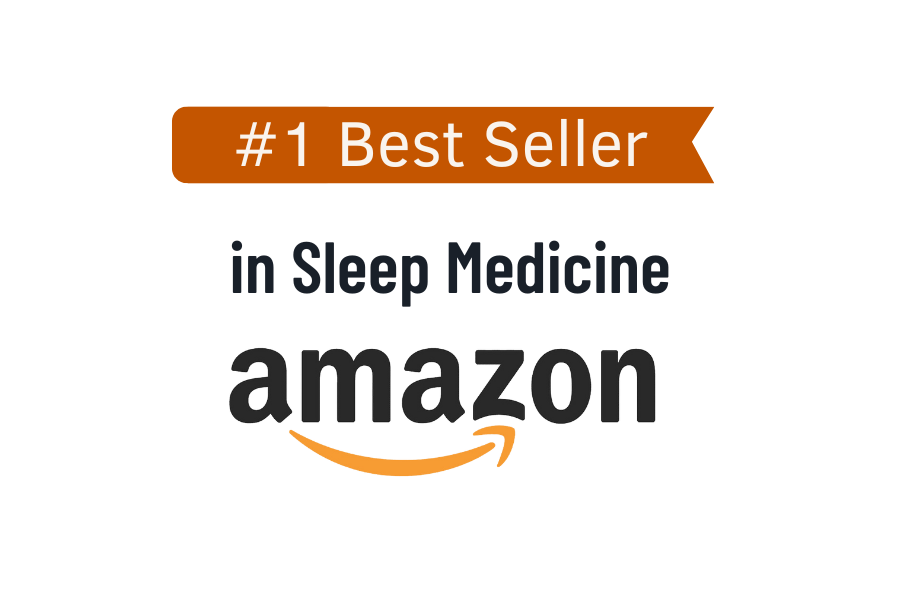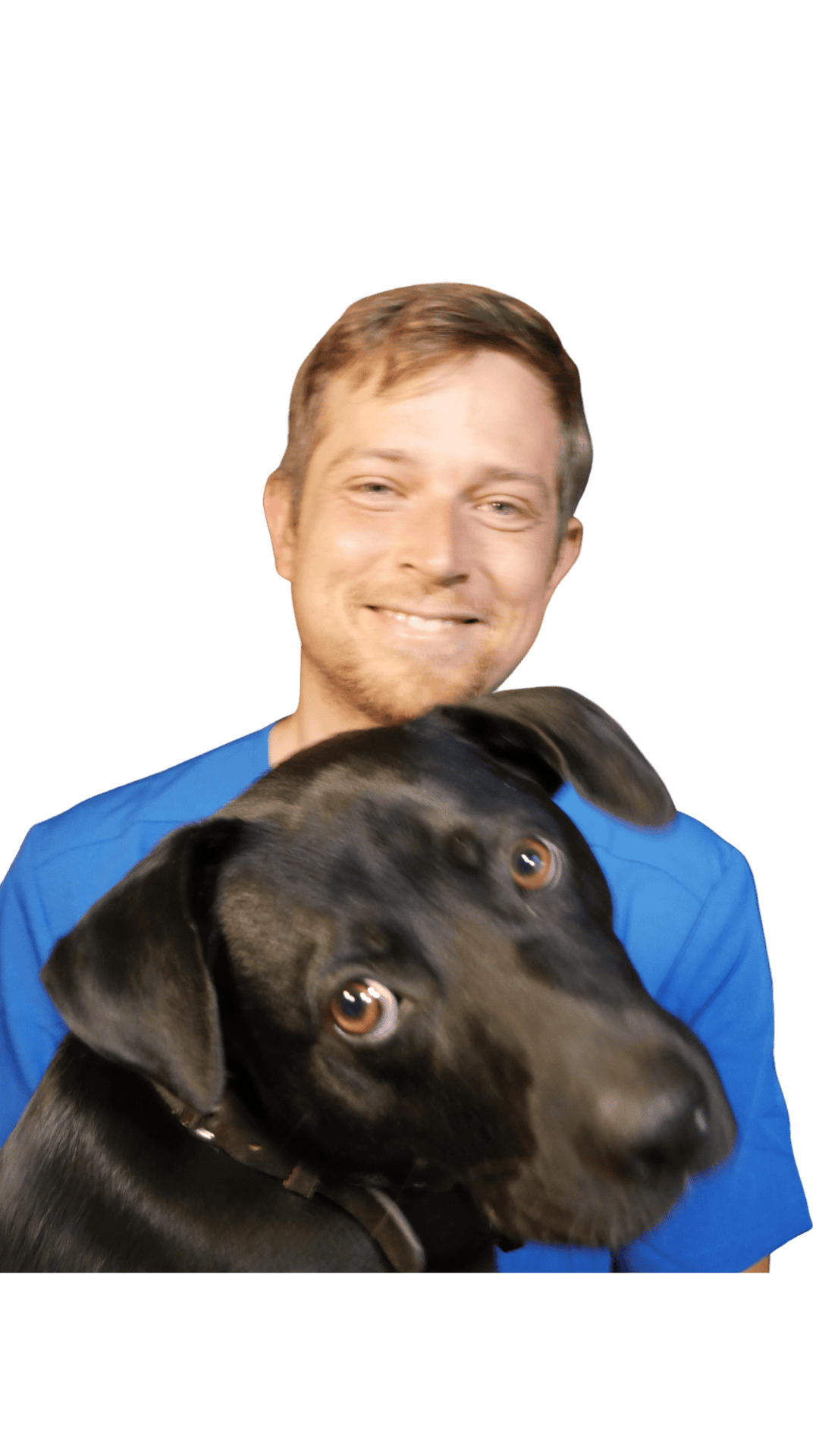Do you ever wake up suddenly in the middle of the night, gasping for air even though you didn’t have a nightmare? Do you feel groggy and drowsy during the day, despite sleeping a full eight hours? Is your partner always kicking you at night to stop snoring? These could be signs that you have sleep apnea.
In our Sleep Apnea Solution book, we detail the most common signs and symptoms of sleep apnea. If you experience snorting, snorting, or gasping; restless sleep; daytime sleepiness; or fit the bill for the standard sleep apnea patient, you may have sleep apnea. However, if you suspect you have sleep apnea, please consult with a licensed medical professional for a formal diagnosis.
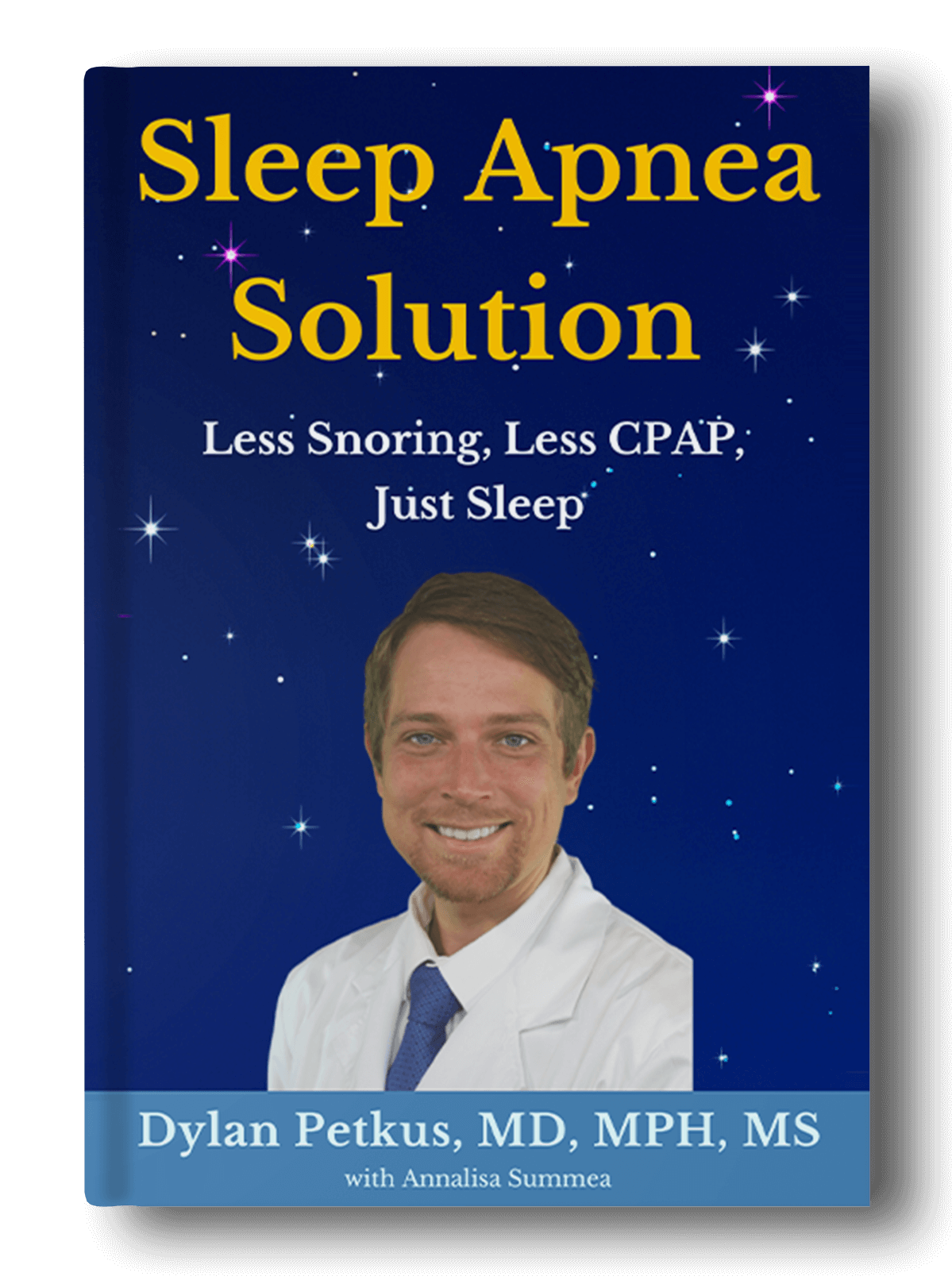
What Is Sleep Apnea?
Sleep apnea is a chronic sleep condition in which your airways experience blockage or air is unable to get to your airways during sleep. There are multiple types of sleep apnea, but the two most common are obstructive sleep apnea (OSA) and central sleep apnea (CSA).
OSA is the most common in the United States, and occurs when the throat muscles relax, blocking air from entering the lungs. CSA is less common, occurring when the brain doesn’t send the right signals to the muscles in your body that control breathing.
Who Gets Sleep Apnea?
Anyone can get sleep apnea, but it is most commonly diagnosed in individuals between the ages of thirty and seventy. CSA is more common in men, but rates for women increase after menopause.
Individuals with a family history of sleep apnea may also be more likely to develop sleep apnea. Being overweight or obese can also contribute to a sleep apnea diagnosis.

Sleep Apnea Warning Signs
Even if you don’t fit the profile for the typical sleep apnea patient, there are other warning signs that could mean you have it. If someone makes fun of you for your constant snoring, snorting, and gasping, your upper airway might be obstructed.
It’s also common for people with sleep apnea to toss and turn or experience restless sleep. If you’re kicking, thrashing, or waking up in a twisted pile of sheets, it could be because your body is fighting to keep your airways clear as you sleep. Check with your healthcare provider to rule out other possible conditions, like restless leg syndrome or insomnia.
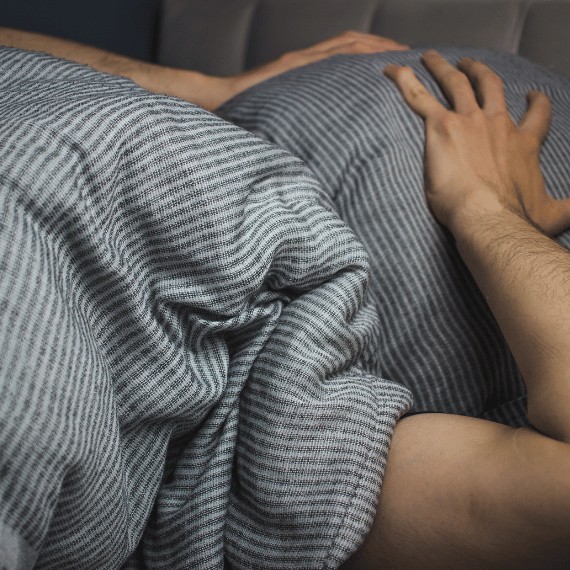
Finally, if you’re consistently tired after a full night’s rest, it could mean your quality of sleep is not very ‘high-quality.’ Daytime sleepiness and grogginess can translate to irritability, a poorer immune system, and lower productivity levels. Low-quality sleep can also lead to strains on your mental health, including depression.
You may also wake up with headaches, because when breathing pauses interrupt sleep, it causes oxygen levels to drop and carbon dioxide levels to rise. This results in dilation in your blood vessels, resulting in those awful headaches.
Is Sleep Apnea Serious?
After reading the above, sleep apnea sure feels like no joke. In fact, a sleep apnea diagnosis should be taken very seriously. Aside from the immediate effects of feeling crabbier, achey, and snoring up a storm, sleep apnea can lead to a slew of health problems, including:
- Increased blood pressure
- Changes in mental function and mood
- Cardiovascular problems (stroke, heart failure, etc.)
- Type 2 diabetes
If you suspect you have sleep apnea, consult with a licensed medical professional for a formal diagnosis and to build a plan to help you manage your sleep apnea.
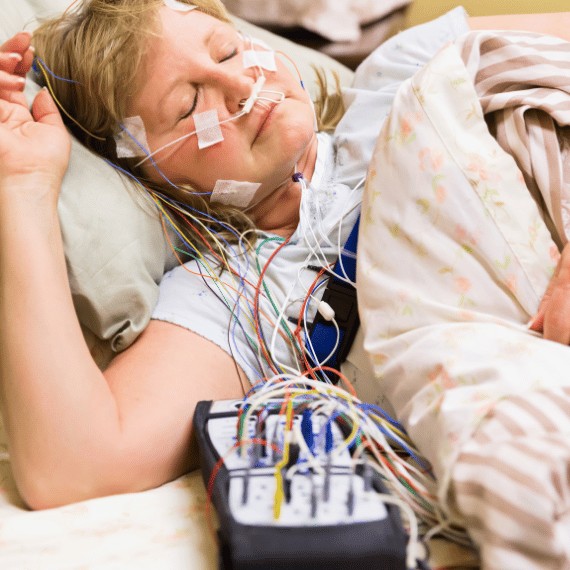
Better Approaches for Sleep Apnea
From a sleep apnea mouthpiece to a sleep apnea surgery, there are many ways to help overcome sleep apnea. However, surgeries can be invasive and expensive, and sleep apnea mouthpieces or machines can be uncomfortable and noisy. The goal is to have better sleeping and more restful sleep, so what approach can you take?
At Optimal Circadian Health, we’ve developed breathing exercises that promote easy nighttime breathing. Our website is filled with free articles and videos that are designed to help enhance natural sleep‒without use of a continuous positive airway pressure (CPAP) machine! Explore practical sleep tips that you can take action on today to set you up for better sleep.
Our book comes with audio files to walk you through nighttime breathing exercises that boost natural breathing at night. Ready to take the first steps towards better sleep? Check out our resources today!

